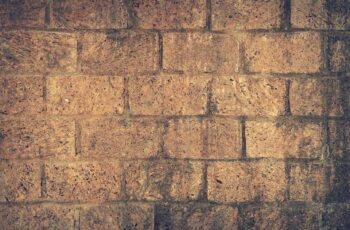Building a shed? Choosing the right foundation is crucial for stability and longevity. Concrete slabs offer a robust and reliable base, providing a level surface and protection from moisture. This guide will walk you through everything you need to know about using concrete slabs for your shed foundation.
Why Choose a Concrete Slab?
Concrete slabs provide several advantages over other foundation types. They’re incredibly durable, resistant to rot and pests, and offer a level base for your shed. This makes them ideal for heavier sheds or those in areas prone to flooding or shifting soil. 
Planning Your Concrete Slab
Before you start mixing cement, careful planning is essential. Measure your shed’s dimensions and add extra space for the slab’s foundation. Consider the soil type; you might need to consult a professional for soil testing, especially if you’re dealing with clay or expansive soils. This resource can help with soil testing information.
Preparing the Ground
Proper ground preparation is key for a successful concrete slab. This involves excavating the area to the required depth, adding a gravel base for drainage, and compacting the ground to ensure stability. Using a compactor is highly recommended for optimal results. [IMAGE_2_HERE]
Formwork and Reinforcement
Formwork creates the boundaries for your concrete pour. You’ll need strong, sturdy materials to hold the wet concrete. Adding rebar or wire mesh reinforcement will significantly increase the slab’s strength and prevent cracking. Learn more about choosing the right reinforcement.
Pouring the Concrete
Pouring the concrete requires a steady hand and the right tools. It’s often best to hire a professional concrete company for this step, especially for larger slabs. Ensure the concrete is evenly distributed and consolidated to eliminate air pockets. Find local concrete suppliers here.
Finishing and Curing
After pouring, the concrete needs to be finished to create a smooth, level surface. This might involve floating, troweling, and brooming. Curing the concrete is vital for strength development. This usually involves keeping the concrete moist for several days. [IMAGE_3_HERE]
Additional Considerations
Consider factors such as local building codes and regulations. You might need permits for certain projects. Check out our guide on shed building permits. Also, think about incorporating features like a vapor barrier to prevent moisture damage. Remember to account for expansion and contraction with control joints if needed. This website offers more advice on concrete curing.
Conclusion
Building a concrete slab for your shed offers a solid foundation for years of reliable service. By following these steps and understanding the key considerations, you can ensure a successful project and enjoy your new shed for years to come. Remember to prioritize safety and consider professional help when needed.
Frequently Asked Questions
What type of concrete is best for a shed slab? A standard 4000 psi concrete mix is usually sufficient for a shed slab.
How thick should my concrete slab be? The thickness depends on the shed’s size and weight, but 4 inches is often a good starting point.
How long does it take for concrete to cure? Concrete typically takes 28 days to reach full strength, although it will be usable much sooner.
Do I need to add expansion joints? For larger slabs, expansion joints are recommended to accommodate movement due to temperature changes.
Can I pour the concrete myself? While possible for small sheds, pouring concrete can be labor-intensive. Hiring a professional may be a better option.
